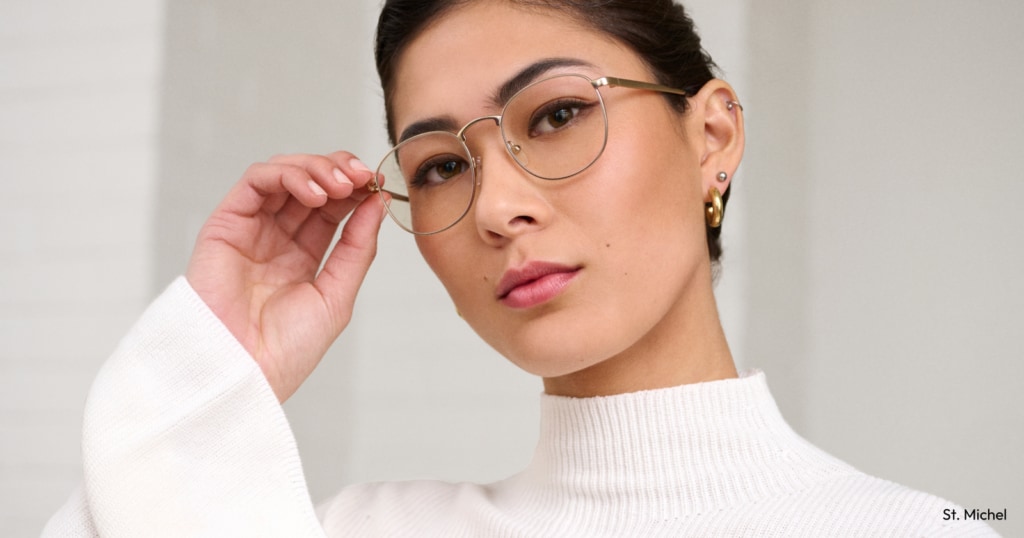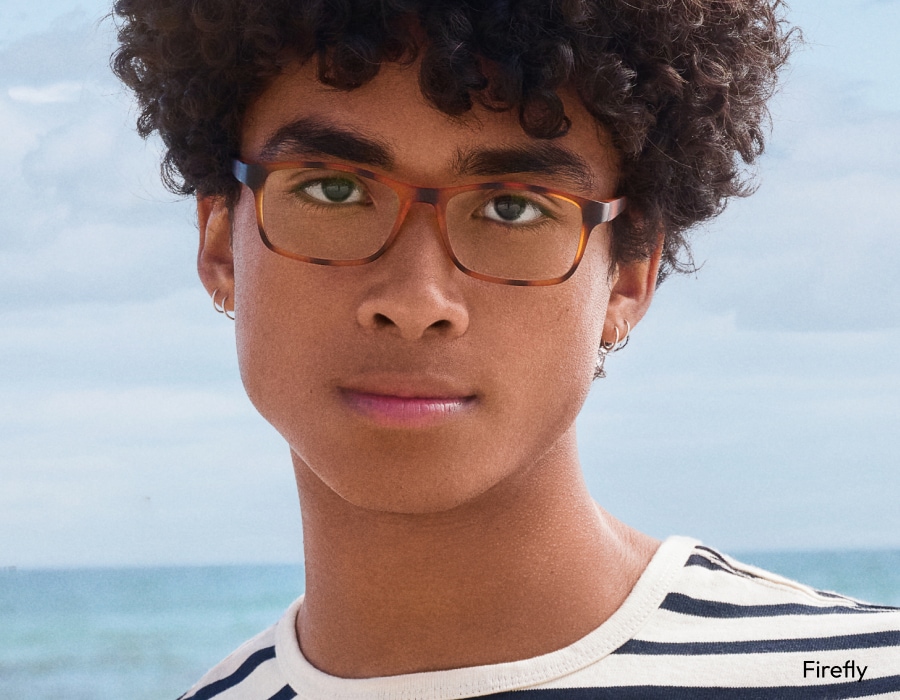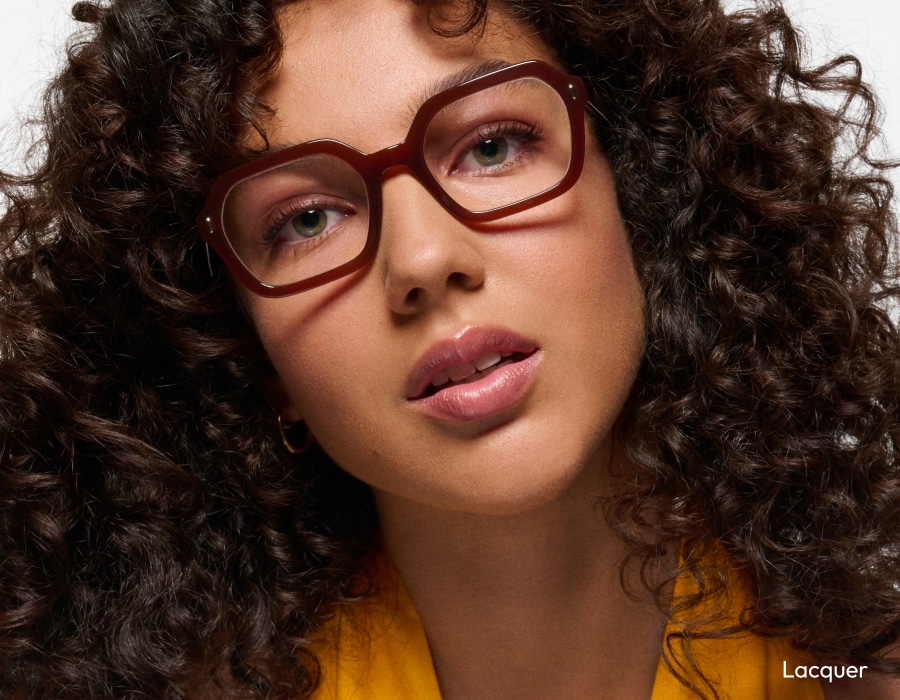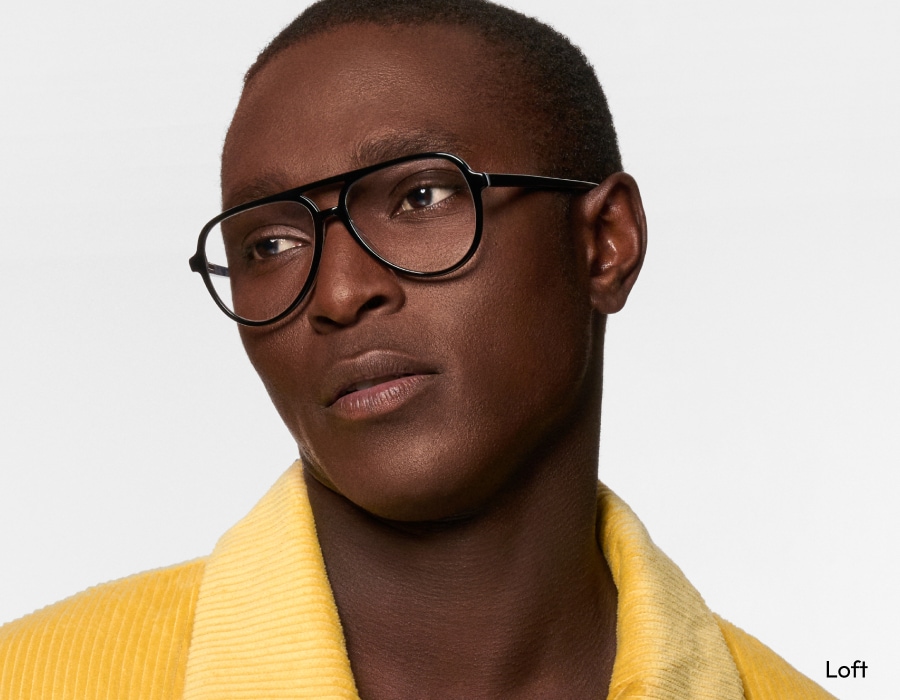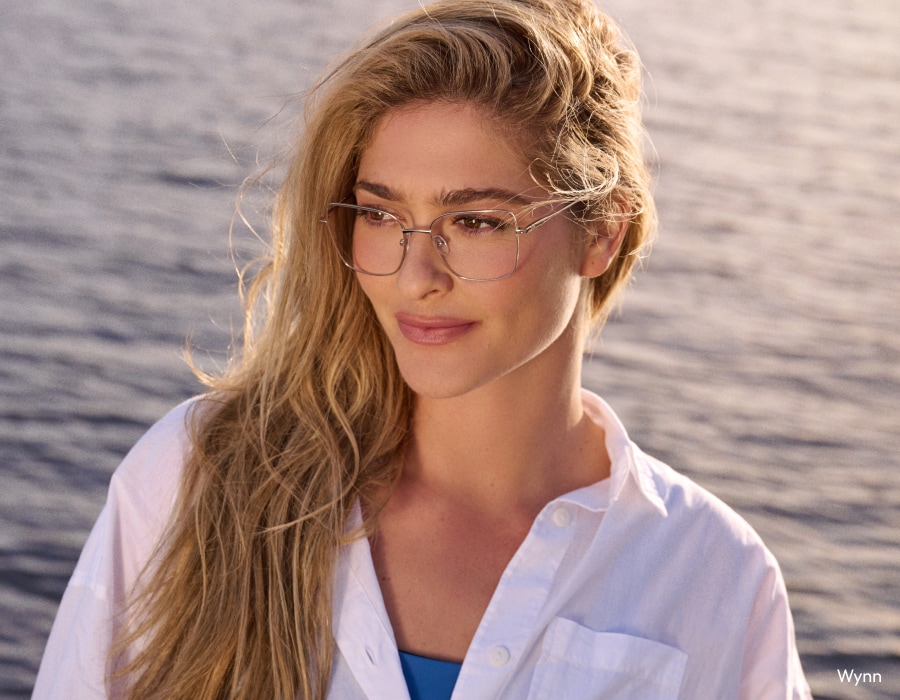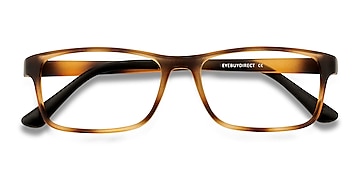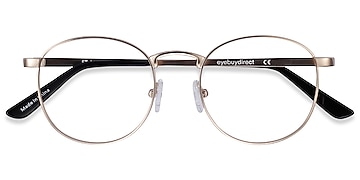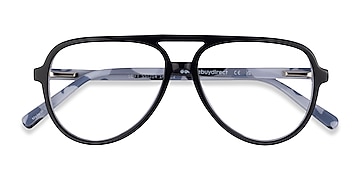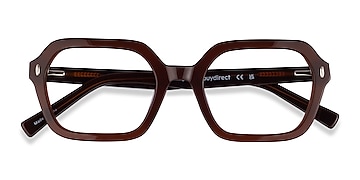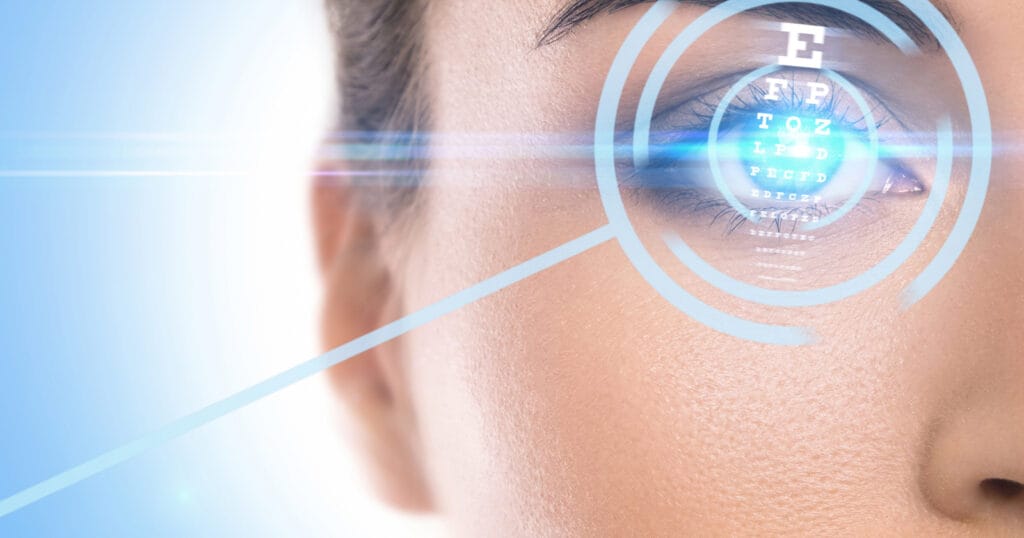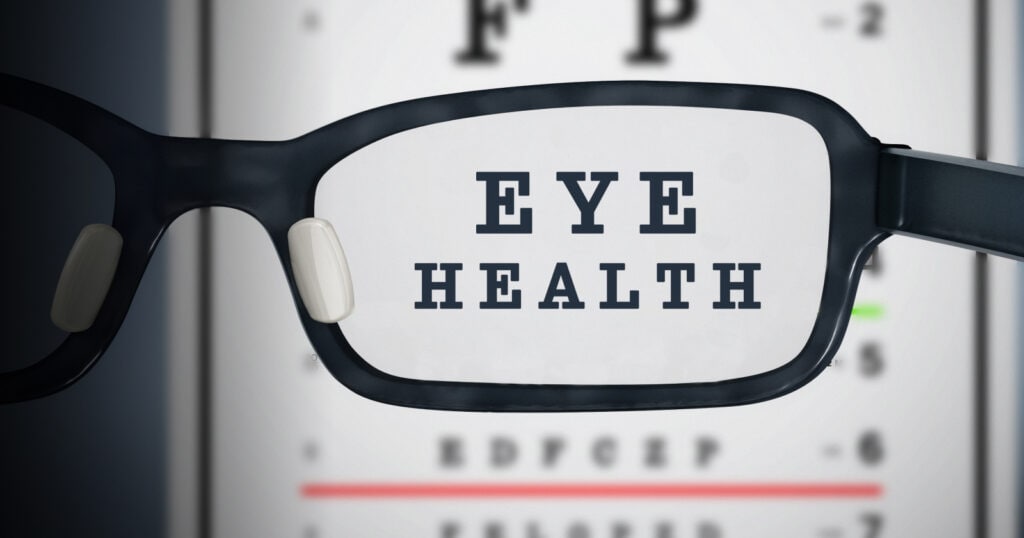Despite the myth, glasses don’t make your eyes weaker over time. Instead, they correct refractive errors like nearsightedness or farsightedness and help you see clearly. Understanding how glasses work can help clear up the confusion and ease concerns about long-term use.
Do Glasses Worsen Your Eyesight?
A common myth suggests that prescription glasses can harm your eyesight, with some believing that their use might worsen vision. However, this is not supported by scientific evidence.
This myth may stem from natural changes in eyesight as we age, resulting in different prescription needs. These changes are typical and not a result of wearing glasses. Factors like age, health, and lifestyle impact vision, but glasses do not.
Glasses address vision issues such as nearsightedness, farsightedness, and astigmatism by correctly focusing light onto the retina to provide clear vision. They do not weaken your eyes. Rather, glasses enable your eyes to function properly.
As an essential tool for better vision, glasses allow for clear and comfortable sight. Regular checkups ensure your prescription is up-to-date and your eyes remain healthy. If your vision changes, schedule an eye exam.
Do Glasses Make Your Eyes Weaker?
A widespread belief is that wearing glasses makes eyes weaker or “lazy.” This is incorrect. Glasses are intended to enhance vision, not alter eye muscle function.
Eyes do not depend on glasses in a way that weakens them. Glasses simply aid in clearer vision, and without them, you may strain your eyes or experience headaches from trying to focus.
It’s crucial to dispel this misconception so individuals don’t avoid wearing glasses when necessary. Not using glasses can lead to discomfort and exacerbate vision problems. Consider glasses a tool for improved vision; they do not weaken your eyes.
Why Glasses Don’t Harm Your Vision
Glasses are exceptional tools that correct vision problems. These issues arise when the eye does not focus light properly, resulting in blurry vision. Glasses adjust how light enters the eye so that it accurately reaches the retina, the light-sensitive area of the eye. This adjustment allows for clear vision whether you are nearsighted, farsighted or have astigmatism.
Glasses correct vision but do not alter the eye’s structure or inherent focus capability. Instead, they address the eye’s natural limitations. Glasses cannot deteriorate your vision; they merely allow optimal vision given your current eyesight.
What If Your Glasses Prescription Changes?
It’s normal for your glasses prescription to change over time. Such changes are not caused by wearing glasses but reflect natural vision progression. Understanding these changes can aid in better managing your eye health.
What Affects Your Vision?
- Age – As we age, eye changes are typical. Presbyopia, a condition where it becomes harder to focus on nearby objects, commonly affects individuals over 40.
- Lifestyle and Health – Factors such as smoking, excessive screen time, and poor diet can harm the eyes. Health conditions like diabetes and high blood pressure also increase risks.
- Eye Check-Ups – Regular eye exams are crucial as they help detect issues like cataracts and glaucoma early, facilitating prompt treatment.
- Environment – UV exposure and pollution can be detrimental to the eyes. Protective eyewear and a healthy lifestyle can mitigate such effects.
Being aware of these factors aids in preserving vision. Regular visits to an optometrist help keep your prescription current and maintain clear vision.
Maintaining Your Eye Health
Taking care of your eyes goes beyond wearing glasses. You also need to know how your vision works and what can change it over time. Regular eye exams play a key role in keeping your prescription accurate and detecting any changes in your eye health early on.
Why Eye Exams Are Important
Regular eye exams are pivotal for maintaining eye health. Vision can change with age, possibly requiring a new glasses prescription. Wearing outdated glasses can lead to headaches, eye strain, or blurry vision. Regular exams ensure your prescription is accurate and help avoid these issues.
Eye exams offer more than just prescription updates. They assess overall eye health. Optometrists can detect conditions like glaucoma, cataracts, or macular degeneration early on. Early detection assists in managing these conditions and safeguarding vision.
When to See an Optometrist
Understanding when to consult an optometrist is vital for eye health. Frequent headaches, excessive squinting, or difficulty focusing may indicate an outdated prescription.
Optometrists provide tailored guidance, recommending the right lenses and offering tips for maintaining healthy eyes. Routine check-ins also support long-term eye care and overall comfort.
See the Difference
Glasses do more than improve vision. They unveil a clearer, more vibrant world. Despite common misconceptions, wearing glasses does not damage sight. Instead, glasses enhance the clarity of your view.
Embrace glasses as tools for better vision. They resolve vision problems and allow you to enjoy life without blurriness. With a wide range of affordable, stylish options from Eyebuydirect, finding the right pair is easier than ever. You’re not just enhancing your vision—you’re enriching your life.

